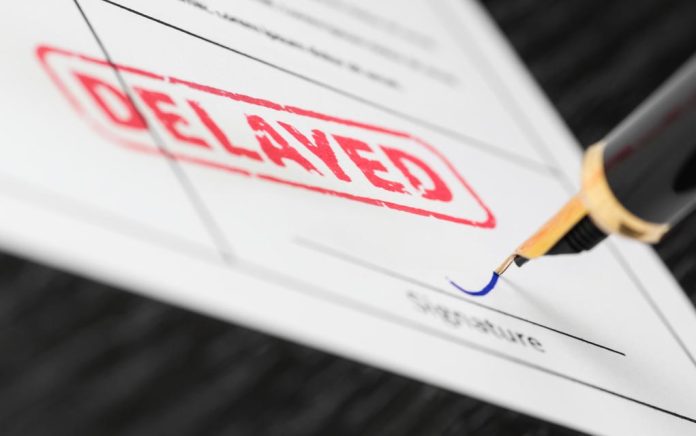
Ryan Routh, accused of attempting to assassinate Donald Trump, faces a delayed trial set for September 2025.
At a Glance
- Ryan Routh’s trial for attempted assassination of Donald Trump delayed to September 8, 2025.
- Routh, 58, from Hawaii, pleaded not guilty to charges including attempted assassination.
- Defense attorneys requested more time to review evidence and consider an insanity plea.
- Incident occurred during Trump’s golf game; Secret Service agent intervened.
- Routh faces potential life sentence if convicted.
Trial Delayed: Serious Charges Require Thorough Preparation
U.S. District Judge Aileen Cannon has ordered a significant delay in the trial of Ryan Routh, the man accused of attempting to assassinate former President Donald Trump. Originally scheduled for February 10, 2025, the trial will now commence on September 8, 2025. This decision comes in response to a request from Routh’s defense team, who argued they needed more time to review the extensive evidence and consider an insanity defense.
Routh, a 58-year-old Hawaii resident, has pleaded not guilty to charges including attempted assassination, assault on a federal officer, and firearms offenses. The gravity of these allegations, which could result in a life sentence if Routh is convicted, underscores the need for a thorough and meticulous legal process.
A man accused of attempting to assassinate President-elect Donald Trump in South Florida won’t be tried until September 2025, a federal judge ruled this week.https://t.co/gEmAjzzcXb
— PBS News (@NewsHour) December 25, 2024
The Alleged Assassination Attempt
Prosecutors allege that on September 15, 2024, Routh plotted to kill Trump and aimed a rifle at him while the former president was playing golf near West Palm Beach, Florida. The potentially deadly situation was averted when a vigilant Secret Service agent spotted Routh. Upon being discovered, Routh reportedly dropped his weapon and fled as the agent opened fire. This incident followed a previous assassination attempt on Trump in Pennsylvania, where he was shot and wounded, prompting acknowledgment of security failings by the Secret Service.
Complex Case Requires Extensive Review
The delay in the trial is partly due to the sheer volume of evidence that needs to be examined. Routh owned 17 cellphones and numerous electronic devices, all of which require thorough investigation. Additionally, there are extensive police and surveillance videos to review. Judge Cannon’s decision to set a September trial date reflects the seriousness of the allegations and the need for a comprehensive examination of all available evidence.
A man accused of attempting to assassinate President-elect Donald Trump in South Florida won’t be tried until September 2025, a federal judge ruled this week. https://t.co/LgXbmaKKlD
— NBC News (@NBCNews) December 26, 2024
Legal Proceedings and Deadlines
While granting the delay, Judge Cannon has set strict deadlines for the defense. Any insanity defense or mental competency requests must be made by early February, with a scene visit scheduled by the end of the same month. These deadlines ensure that the legal process, while thorough, remains on track for the September trial date.
Routh’s actions on the day of the alleged attempt provide crucial context to the case. After fleeing the golf course, he was arrested on a nearby interstate. Investigators discovered a note detailing his intentions, further complicating his legal defense. Currently, Routh is being held without bail at a federal jail in Miami, underscoring the severity of the charges against him.
Implications for National Security
This case has significant implications for national security and the protection of current and former presidents. The incident highlights ongoing concerns about the safety of high-profile political figures, especially in light of the previous assassination attempt on Trump in Pennsylvania. As the legal proceedings unfold, they will likely prompt further discussions about the effectiveness of security measures for protected individuals and the challenges faced by law enforcement in preventing such attempts.
As the nation awaits the trial in September 2025, the case of Ryan Routh serves as a stark reminder of the ongoing threats faced by political figures and the complex legal processes involved in addressing such serious allegations. The outcome of this trial could have far-reaching consequences for both national security protocols and the legal treatment of attempted assassinations of public officials.
Sources:
- Alleged would-be Trump assassin Ryan Wesley Routh’s trial delayed until September — so his lawyers can weigh insanity defense
- Trial of man accused in Trump assassination attempt in Florida is pushed back
- Trial of Ryan Routh, accused in Trump assassination attempt in Florida, pushed back to September







